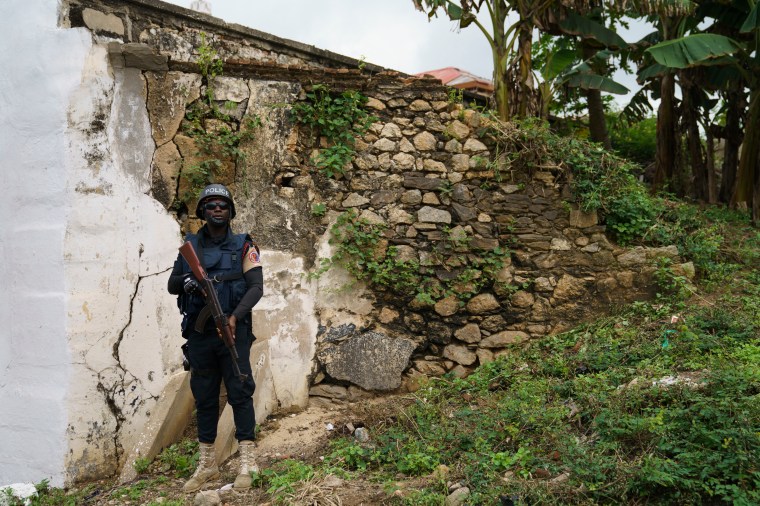Abuja, April 1, 2022 — Ghanaian authorities should swiftly investigate an attack on journalist Michael Aidoo and hold those responsible to account, the Committee to Protect Journalists said Friday.
On March 5, two soldiers at a military hospital in the Ashanti region repeatedly slapped Aidoo, a member of an investigative journalism fellowship program organized by the local press freedom group Media Foundation for West Africa (MFWA), and forced the journalist to do push-ups for taking pictures of the hospital, according to the journalist, who spoke by phone with CPJ, and an MFWA report.
The attack lasted around 30 minutes, during which the soldiers also briefly placed a cement block on Aidoo’s waist to make the push-ups more difficult and deleted all the photos and videos he took that day from his phone, Aidoo said.
“Authorities in Ghana must hold those responsible for the March 5 attack on journalist Michael Aidoo and ensure that the press can work safely without fear of violence or censorship by security forces,” said Angela Quintal, CPJ’s Africa program coordinator, from New York. “Far too often impunity prevails when journalists are violently attacked by those who are supposed to ensure their safety. These security officers make a mockery of the rights of the press and the people.”
Aidoo said he was assigned as part of his MFWA fellowship to investigate the alleged abandonment of the Afari military hospital, located in the Atwima Nwabiagya district of the Ashanti region. He had gone there at 6 a.m. on March 5, hoping that he would arrive early enough to avoid any authorities who might seek to interfere with his reporting.
Aidoo said he met a military officer at the entrance to the hospital and after being granted access, he filmed the premises and interviewed a security guard. He was about to leave when he found that an office of Ghana’s ruling New Patriotic Party was located within the hospital grounds and decided to film the office as well.
Aidoo said that while filming the NPP office, the same military officer approached him and demanded that the journalist hand over his phone. When the journalist refused, the officer grabbed it and Aidoo said he then ran away, leaving the phone with the officer, but the officer chased him, slapped him five times on the face and head, and then took the journalist to the military base on the hospital grounds.
At the base, another officer threatened to beat Aidoo if he did not unlock his phone, so Aidoo complied, the journalist told CPJ. The soldiers then called their commander, who instructed them to delete the journalist’s photos and videos and to return the phone to the journalist.
After deleting the photos and videos, the soldiers called the commander again, who asked to speak with Aidoo on the phone; the commander asked why the journalist was filming and taking pictures of the hospital premises and said he had told his soldiers to slap the journalist after the commander learned about the pictures.
According to Aidoo, the soldiers then told the journalist that he would be punished and instructed Aidoo to do 30 push-ups. The soldiers forced the journalist to start anew each time he failed to do the full 30 without stopping and the soldiers briefly placed a cement block on his waist to make it more difficult, he said.
The soldiers removed the cement when Aidoo told them after two attempts that he could not proceed with the push-ups while carrying the cement, he told CPJ. The soldier returned Aidoo’s phone and told him to run from the hospital premises, but the journalist felt too weak to run and was experiencing leg pain, so he walked out; the soldiers threatened to further punish him if he did not run, he told CPJ.
After leaving, Aidoo said he informed his employers and was advised to report the incident at the police station, which he did the same day. CPJ’s calls to the number listed on the Ashanti regional police website rang unanswered.
Aidoo also said he visited the hospital, where he was given some medication to stop the pain but was told he had no major injuries. Aidoo, however, said he had a cut on his left hand that happened sometime when the first soldier forcefully took him to the military base. He added that because of the incident, he had difficulty breathing for three days.
The MFWA wrote to Ghana’s minister of defense, Dominic Nitiwul, requesting an investigation into the attack, according to the same report by the foundation. Muheeb Saeed, a senior programs officer with the MFWA, told CPJ by messaging app that they have not received any response from Nitiwul. CPJ’s calls and text messages to Nitiwul went unanswered.
